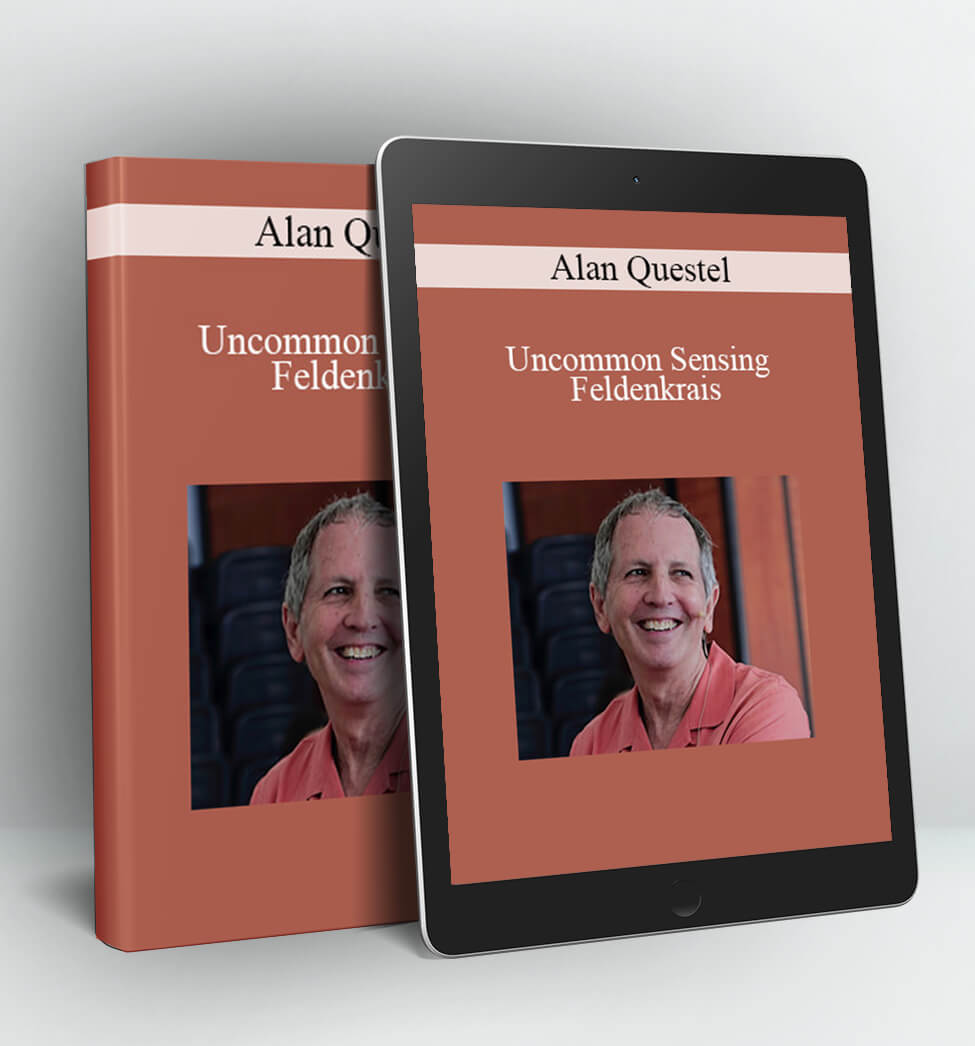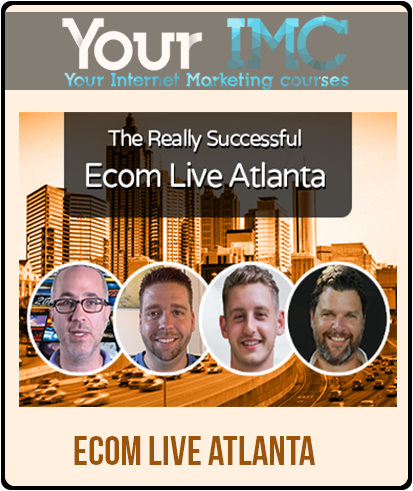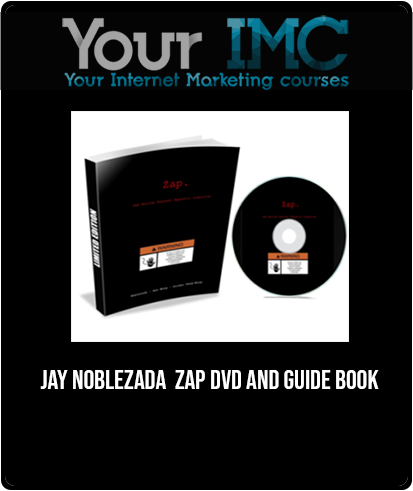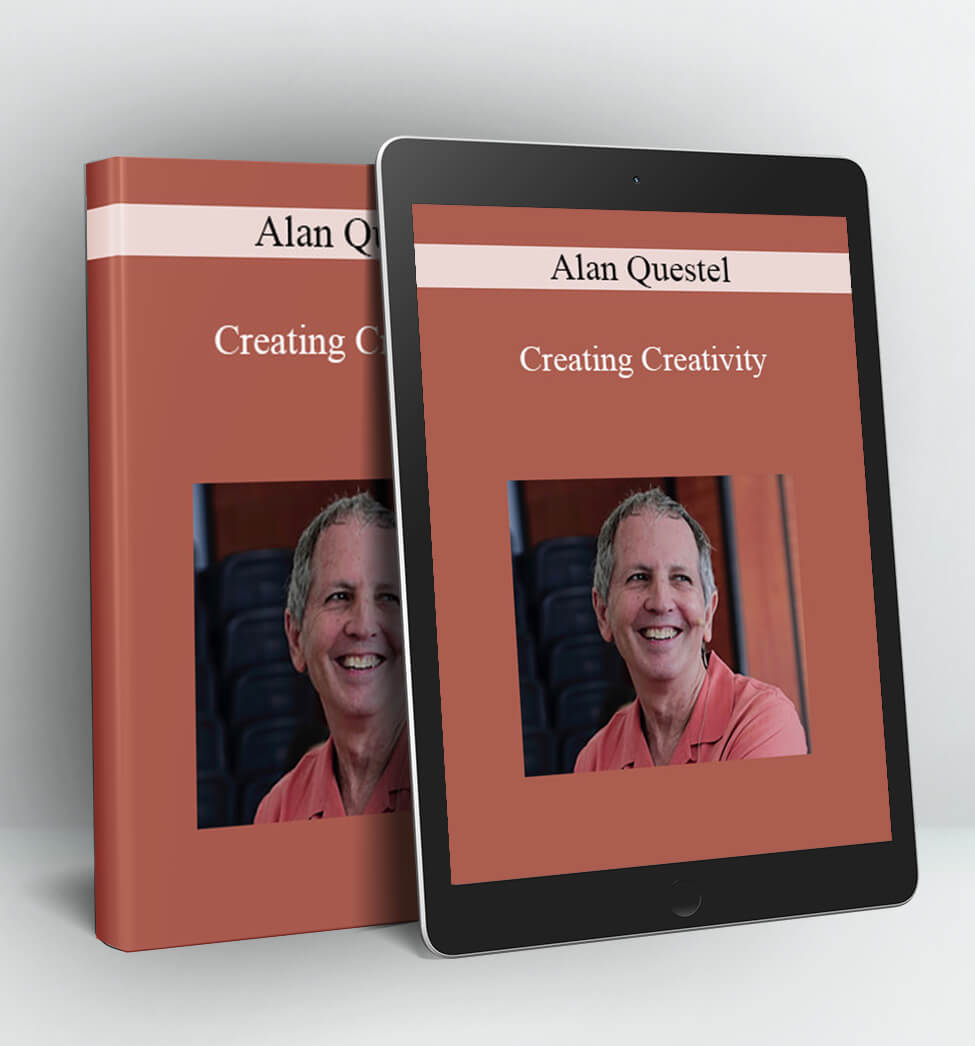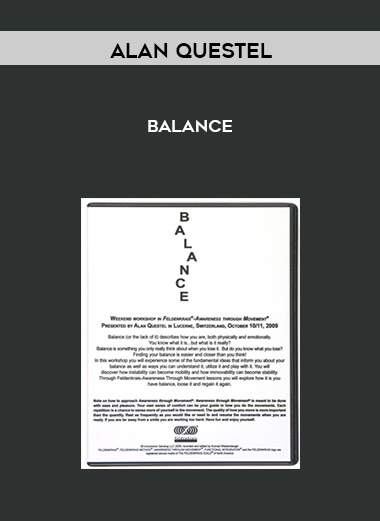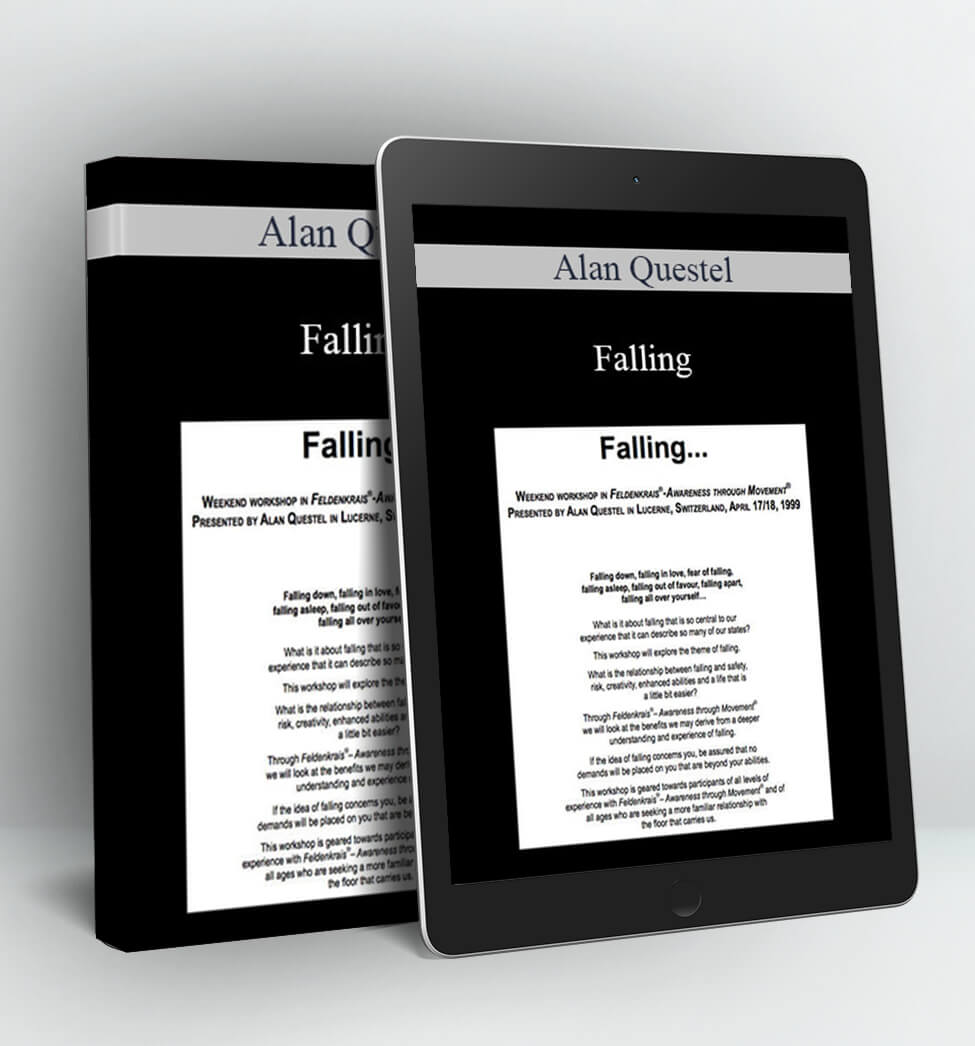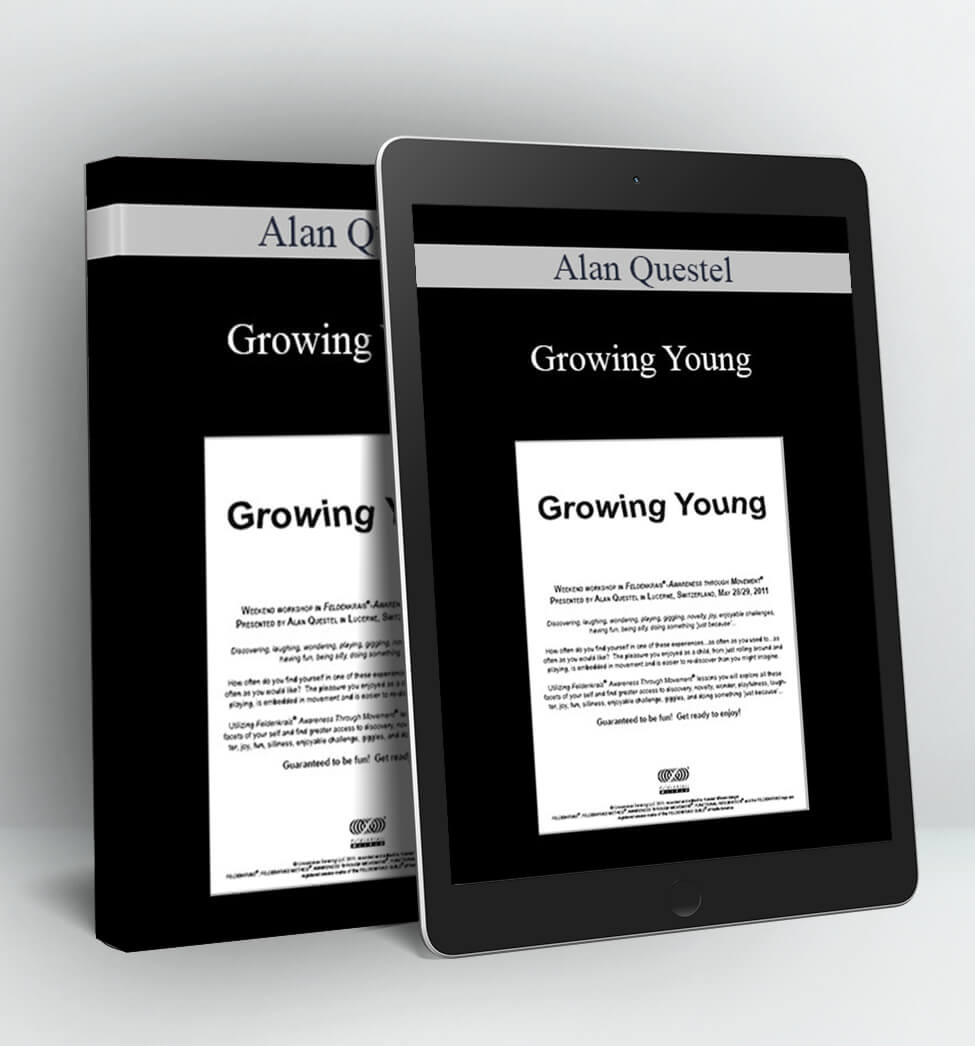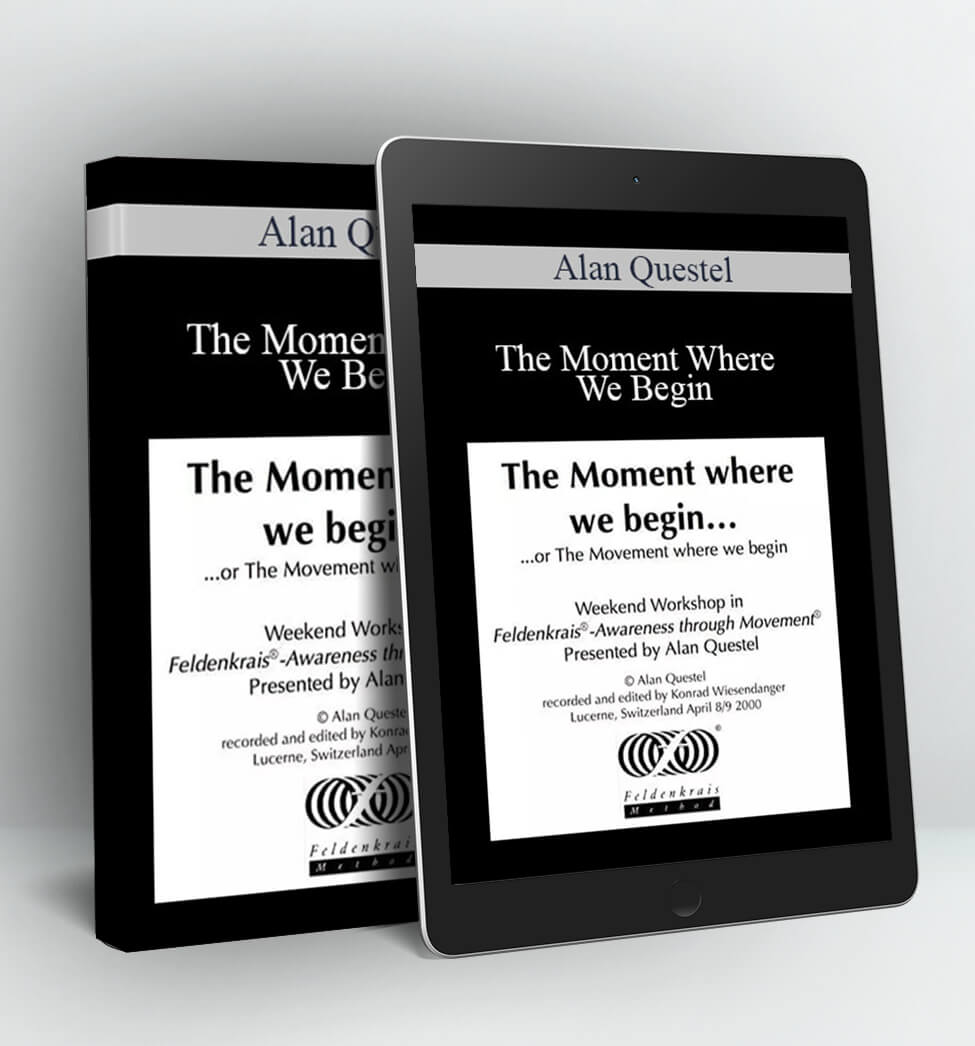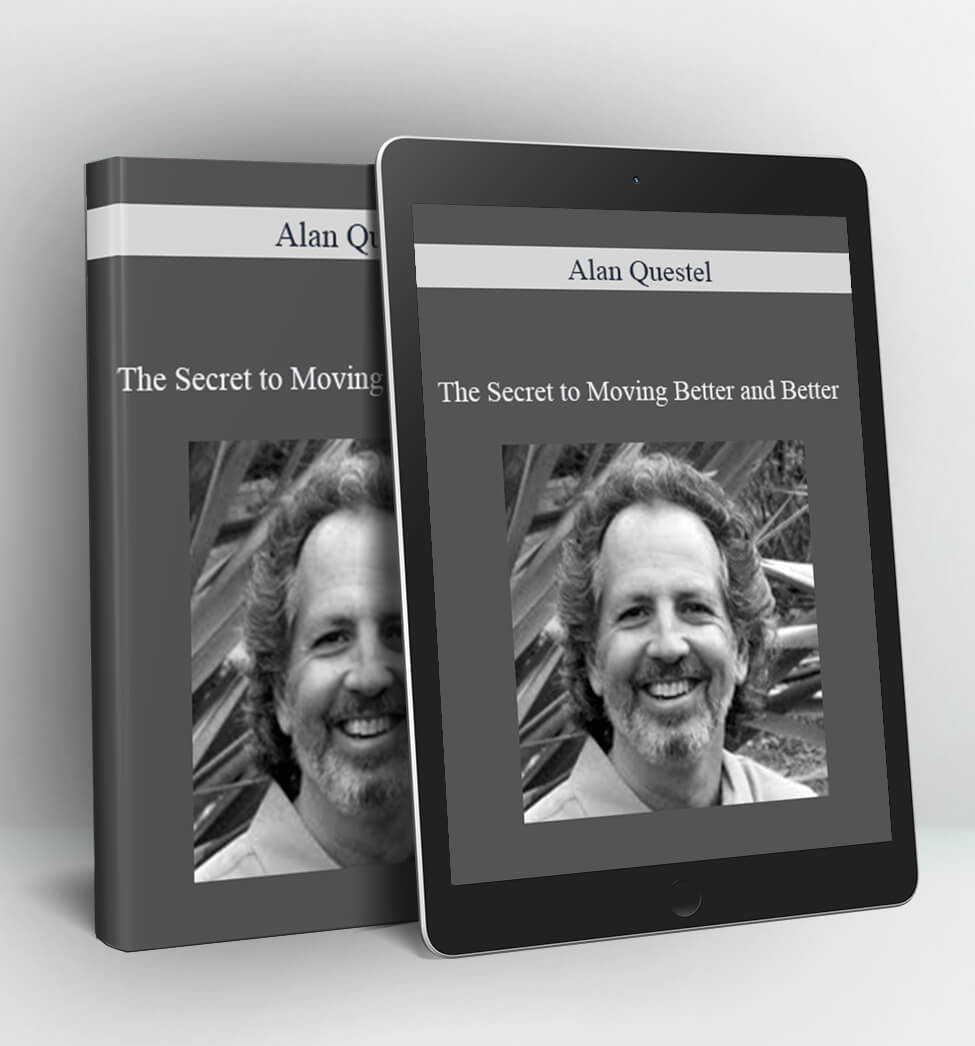Uncommon Sensing – Feldenkrais – Alan Questel
Listen to several introductory talks by Alan Questel. Each one discusses a different aspect of the Feldenkrais Method® to give you a better understanding of the Method and how you can benefit.
To listen to a mp3, click on the links below, which will open up your favourite media player and play the mp3. If you would prefer to download the mp3, on Mac you can hold down the “option” key and click the link and for Windows users you can right click on the link and select “Save Target As”.
Introductory Talks
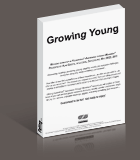
Listen to the full introduction from Growing Young by Alan Questel
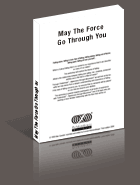
Excerpts from May the Force Go Through You and Uncommon Sensing™ by Alan Questel
Learn how generating choices is preferable than knowing the “right way” of doing things, the importance clear skeletal support and understanding of the self image.

Excerpts from Balance by Alan Questel
Alan talks about Balance as a dynamic act and the challenge in attending to it and improving it.
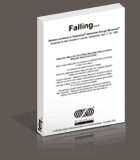
Excerpt from Falling… by Alan Questel
Listen to a short biography of Dr. Moshe Feldenkrais, gain an understanding of how thinking, feeling, sensing and moving all relate together and find out how Alan “fell” into the Feldenkrais Method®.
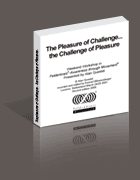
Excerpts from The Moment Where we Begin and Pleasure of the Challenge by Alan Questel
Alan talks about the reasons people come to the Feldenkrais Method®, why movement is the medium of choice, when we decide to be comfortable and some guidelines for doing lessons.
AWARENESS THROUGH MOVEMENT® LESSONS
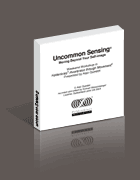
‘Threads and Gentle Fingers’ from Uncommon Sensing™ by Alan Questel
In this lesson you will explore moving gently from your front and your back while developing a fuller engagement and distribution of action throughout the rest of your self.
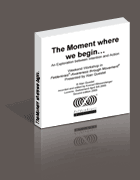
‘Pressing and Lifting/Lengthening and Shortening’ from The Moment Where We Begin by Alan Questel
Gain an understanding of how a change in initiation and attention can provide you with a totally different experience of the that same action.
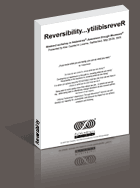
‘Attention on the Return’ from Reversibility by Alan Questel
In most movements we attend primarily to the action as its performed, in one direction. But we rarely look at how we bring ourselves back to a resting state and what we do before we begin to move again. In this lesson you will discover how much we are already preparing ourselves for something without even knowing it.
Podcast 1
Heal Your Mojo Speaker Series Sponsored by CranioCradle
An interview with Alan talking about ‘Embodying Healing and Creativity’
Podcast 2
… So my big interest has been, how do I help people gain more confidence through the process so by the end they actually feel like they can go out and practice the work. One of the jobs of an educational director is to deem when someone is competent to practice. So people do it in different ways, but you watch someone’s progression over the course of training, and of course there is a range that people practice in by the end of the training, some are highly skilled, some less highly skilled and there are many in the middle. But still is does revolve more around a feeling of being able to do something, because look I can deem someone competent, but they don’t feel competent. So then the question is, what needs to happen in the course of the training so that they actually feel, they are ready to do so. And to me the difference really is one of feeling… now the question is, of course, how do you get people to feel differently …o listen to a mp3, click on the links below, which will open up your favourite media player and play the mp3. If you would prefer to download the mp3, on Mac you can hold down the “option” key and click the link and for Windows users you can right click on the link and select “Save Target As”.
Podcast 3
…I started out by trying to define creativity, which I pretty quickly found was antithetical to the idea of creativity, because its not something finite, it’s a process, its dynamic. So then I started to explore different concepts that exist within the realm of the creative process and then I looked for movement experiences that led people to have an embodied sense of the experience of it, rather than just a cognitive understanding of it… if I ask a group of people, ‘Are you creative?’ What happens is that some people’s hands shoot right up, and there’s others who their hands slowly come up, and then unfortunately there’s a bunch that look to the floor, and start to get depressed. So I’ll ask a different question, ‘Do you know someone who is creative or more creative than you?’ And everybody raises there hand, without exception. And I’ll ask the question, ‘What’s different between you and them?’ And the difference, the only difference that I’ve come up with was someone who is more creative…
PLEASE REFER TO OUR PROOF :

